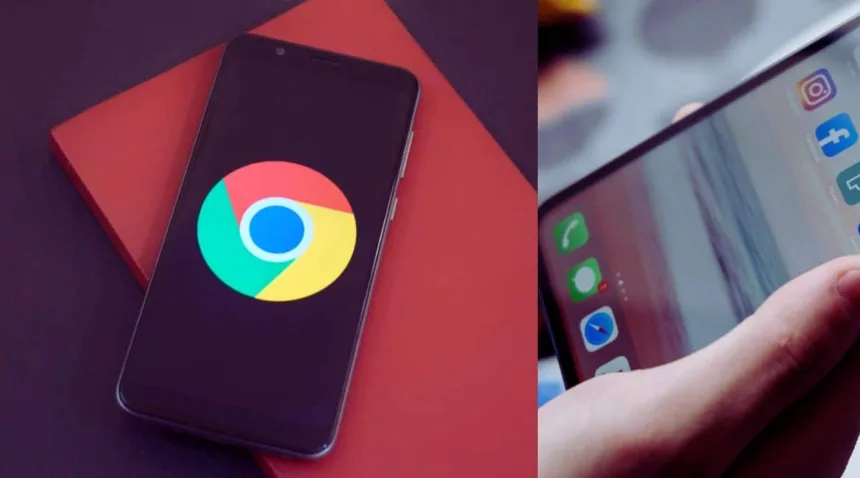In the past, BlackBerry relied on BBM to entice users into using its devices and services. Apple, on the other hand, has a counterpart in iMessage. However, this situation has stirred discontent among companies like Google, as it leads to market fragmentation and an inconsistent user experience.
Attempts have been made by Google and other companies to foster cooperation by urging Apple to adopt RCS. Nevertheless, recent developments suggest a shift in strategy. As reported by the Financial Times, Google and collaborating carriers are exploring the potential of the EU’s Digital Market Act (DMA) to legally compel Apple into compliance.
Apple contends that iMessage doesn’t violate the DMA, citing the significant number of iMessage users compared to other messaging services. Despite Apple’s prominence as a major iPhone seller, the proportion of iMessage users is relatively small.
The EU’s ongoing investigation is expected to yield a decision before February next year. The outcome remains uncertain, raising questions about whether it will be a victory for Apple or if they might be compelled to open up iMessage, akin to their adoption of USB-C for the latest iPhones following regulatory pressure.










